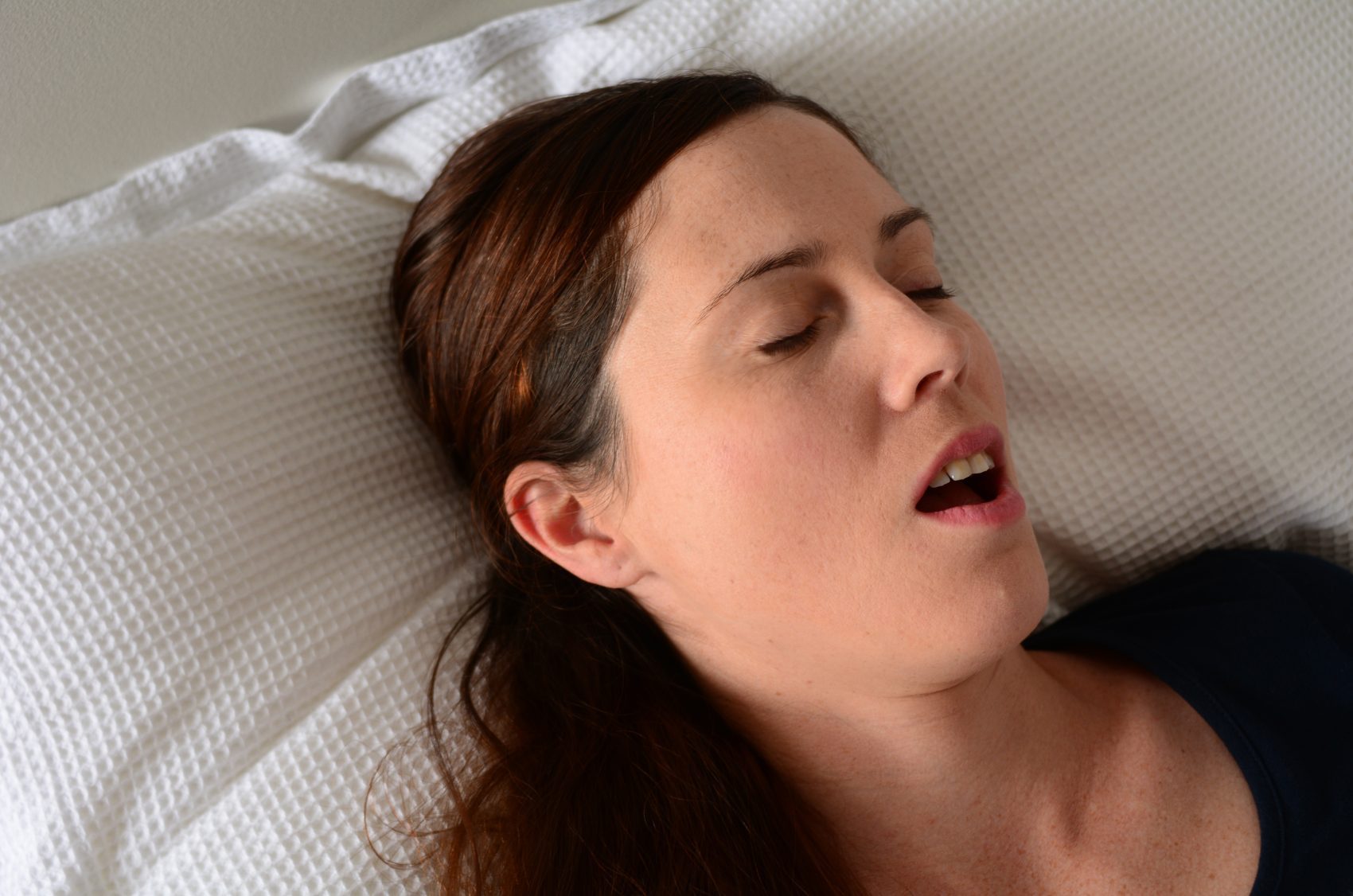
The Dangers of Sleep Apnea
You likely already know that regular exercise and a healthy diet are key to a healthy heart. But sleep quality also has a significant impact on your cardiovascular health. Notably, untreated sleep apnea is known to increase the risk of cardiovascular issues. Yet you may not even be aware that you have this condition. With sleep apnea, your breathing repeatedly stops and starts while you’re asleep. As a result, you’re left feeling fatigued by morning. Fortunately, many people respond well to treatment. Distinctive Dental Solutions helps patients understand their sleep apnea and its potential dangers. Call for an appointment.
Understanding Sleep Apnea
Sleep apnea occurs when breathing patterns are interrupted during sleep. Sometimes, the symptoms are caused by a neurological issue, while for others, it’s due to tissues blocking the airway during sleep. Often, symptoms are noticed primarily by the bed partner rather than the individual affected since the other person is woken up by loud snoring. It’s worth noting that snoring doesn’t inherently mean you have sleep apnea, although it’s a common symptom.
Upon waking, an individual with sleep apnea may have a dry mouth, fatigue or a headache due to low oxygen during sleep.
The Link Between Sleep Apnea and Cardiovascular Risks
Sleep apnea isn’t just a disorder that impacts your sleep quality: over time, you may experience an increased risk of systemic health issues. Numerous studies have tied sleep apnea to cardiovascular complications, including heart disease, diabetes and strokes. Some studies show that sleep apnea can increase blood sugar levels. Moreover, sleep apnea is thought to be tied to weight, since this condition’s prevalence is higher in those who are obese or overweight. Increased weight can put extra pressure on the throat, which can increase the risk of airway collapse. Anyone with sleep apnea must be proactive about their health.
Diagnosing and Treating Sleep Apnea
Treating sleep apnea is essential to preventing long-term complications. Sleep apnea can cause damage over time, so addressing the issue early can mitigate the worst outcomes. Obstructive sleep apnea can be mild or severe depending on its score on the apnea-hypopnea index (AHI). The higher number of breathing pauses per hour of sleep, the higher the severity.
Some forms of mild sleep apnea can be managed through lifestyle changes alone. However, if you have the risk factors for heart disease, your doctor will likely recommend treatment regardless of the severity.
For individuals who need more intensive treatment, a CPAP machine may be prescribed to support breathing during sleep. A CPAP machine supplies humidified air to the nose and keeps the throat muscles from blocking the airway while you’re asleep. For others, a simple oral appliance may be sufficient to keep the airways open during sleep. Many patients experience a significant reduction in symptoms through these treatments, so talk to our dentists to learn how we can assist you.
Call Today to Discuss Sleep Apnea Treatment
Distinctive Dental Solutions delivers exceptional treatments for those dealing with sleep apnea. Call today to schedule a consultation.



